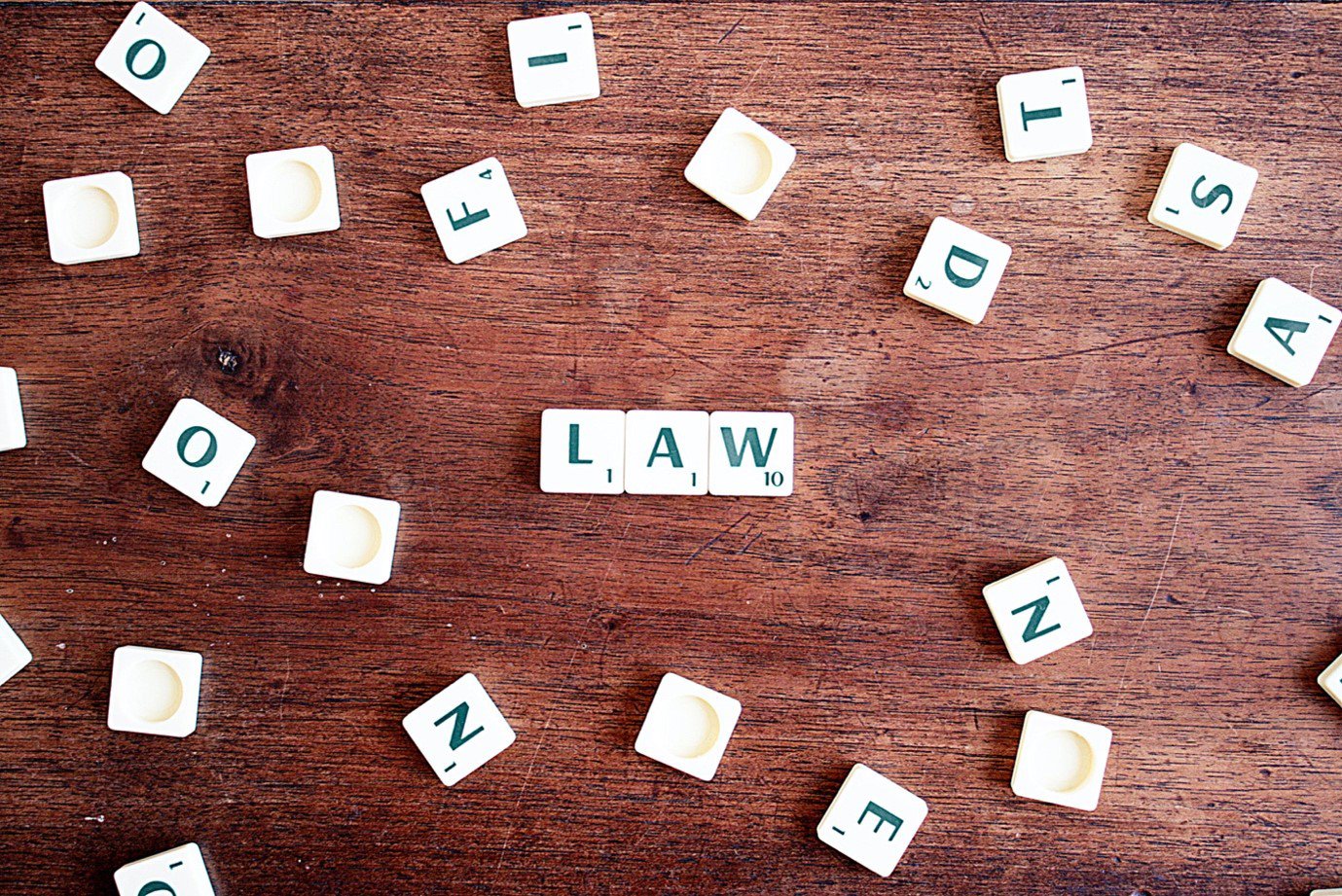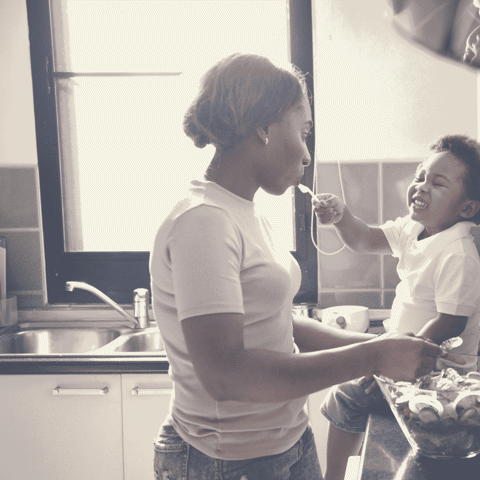What is the Role of Family Courts?
Family Courts in England primarily handle cases related to children, domestic abuse and financial matters. When a relationship comes to an end and parties cannot reach agreements on how to divide finances or raise their children, they often turn to the courts for resolutions.
In recent years, there has been a growing trend towards using alternative dispute resolution methods instead of resorting to court proceedings. Mediation is one of the most commonly discussed methods, but other alternatives are available and are frequently employed, particularly in cases related to financial disputes after a divorce.
Before Going to Court in Child Proceedings
Before you go to Court, it’s important to try and reach agreement about your child through mediation by attending at a Mediation Information and Assessment Meeting (MIAM). The Court will need to see written evidence that you have attended, or you are exempt from attending, a MIAM when you apply for a Court Order about your children.
More often than not, decisions about children are made without having to go to court. This is because there are other cheaper and quicker ways of resolving disputes that are better for everyone involved.
Mediation isn’t appropriate in some cases such as where there has been domestic abuse or risk of harm to a child, so you’ll go directly to the courts. If this is the case, you may need to have more hearings in the court proceedings, such as a Fact-Finding Hearing.
Our Child Law Solicitors can advise you on how it may be possible to settle child arrangement disputes without having to go through the courts. We will handle your case sensitively and work with your child’s best interests in mind.
If, after mediation, you and the other party still cannot come to an agreement, then the next step is to go to court. One of our Child Law Solicitors can represent you.
What Happens at Child Court Hearings?
First Hearing Dispute Resolution Appointment
A First Hearing Dispute Resolution Appointment (FHDRA) will likely be the first hearing you attend if you’ve applied for a Court Order involving your child, unless a more urgent hearing is needed. There are several different types of Court Orders that you can apply for involving children, but the three main ones are:
Our child custody lawyers can advise you on which Court Order you should apply for if you can’t reach an agreement with the other parent about your child.
The Court will use the First Hearing Dispute Resolution Appointment to look at the issues and why you can’t agree. At this hearing, the Court will work with you to resolve these issues. We will usually have received a safeguarding letter from the Child and Family Court Advisory and Support Service (CAFCASS) and this will make recommendations for how the case should proceed.
If you can’t agree at this hearing, the Court will decide what evidence is needed at the next hearing to agree what would be in the child’s best interests. This might be another Dispute Resolutions Hearing or a Final Hearing.
Key case management decisions that should be considered during the First Hearing Dispute Resolution Appointment (FHDRA) encompass the following:
- Determining which issues, if any, have been mutually agreed upon, and identifying the primary matters that require resolution.
- Evaluating whether it is necessary to schedule a fact-finding hearing to establish essential facts and evidence.
- Exploring the possibility of issuing interim orders that can be beneficial, such as indirect, supported, or supervised contact arrangements. These interim orders may remain in place until a Dispute Resolution Appointment or final hearing is convened.
- Specifying the directions essential to prepare the case for a Dispute Resolution Appointment or final hearing, which may include the submission of statements, reports, and other necessary documentation.
- Deciding whether the case should proceed to a Dispute Resolution Appointment, as this is the intended course of action for most cases.
- Assessing whether it is appropriate to expedite the case directly to a final hearing to expedite resolution.
- Deliberating the need for judicial continuity, particularly if there has been, or will be, a fact-finding hearing or a contested interim hearing, to ensure consistency and efficiency in case management.
These decisions play a crucial role in shaping the progression of the case, ensuring that it aligns with the best interests of the parties involved, especially the children, and facilitating an effective resolution process.
Fact Finding Hearing
A Fact-Finding Hearing becomes necessary when serious allegations such as issues like domestic abuse or harm to a child, arise during family court proceedings. This hearing serves the vital role of carefully examining all available evidence to determine the accuracy of these allegations.
However, preparing for a Fact-Finding Hearing involves considerable complexity. It involves collecting substantial evidence, which can be legally intricate and sensitive, particularly in cases involving domestic abuse. To navigate this process effectively and make sure the best possible presentation of your case, we would suggest you seek guidance from a Child Law Solicitor.
Child Law Solicitors specialise in family law and children matters. Their expertise is invaluable in guiding you through the legal process and helping you build a strong case for the Fact-Finding Hearing. Their assistance not only help to ensure your rights are safeguarded but also prioritises the well-being of any children affected by the proceedings. Collaborating with a Child Law Solicitor makes the legal processes more manageable and aims to secure a just and favourable outcome for all parties involved.
Dispute Resolution Appointment Hearing
If you and your child’s other parent can’t agree at the FHDRA, the Court will ask you to attend a Dispute Resolution Appointment (DRA). A DRA hearing is for the Court consider any statement or reports that have been filed.
It allows the Court a chance to narrow the issues between both parents, with the help of the Judge. If agreement cannot be reached any issues can be dealt with before the case goes to a Final Hearing.
Final Hearing
At the Final Hearing, the Court looks at all the evidence in the case to reach to a final decision. The proceedings are will likely to conclude with a Child Arrangement Order. The Court will only make an order if it is necessary and in the child’s best interests.

Speak to a Child Law Solicitor
Our Family Law Solicitors understand that it’s not always easy to agree on child arrangements with a former partner.
We’ll help to reduce conflict and get the best possible outcome for you and your child as soon as possible. Court proceedings shouldn’t affect your child’s life for any longer than they need to.
Our Child Law Solicitors will work with you and your former partner to take the emotion out of the process and try to come to an agreement that works best for your family.



